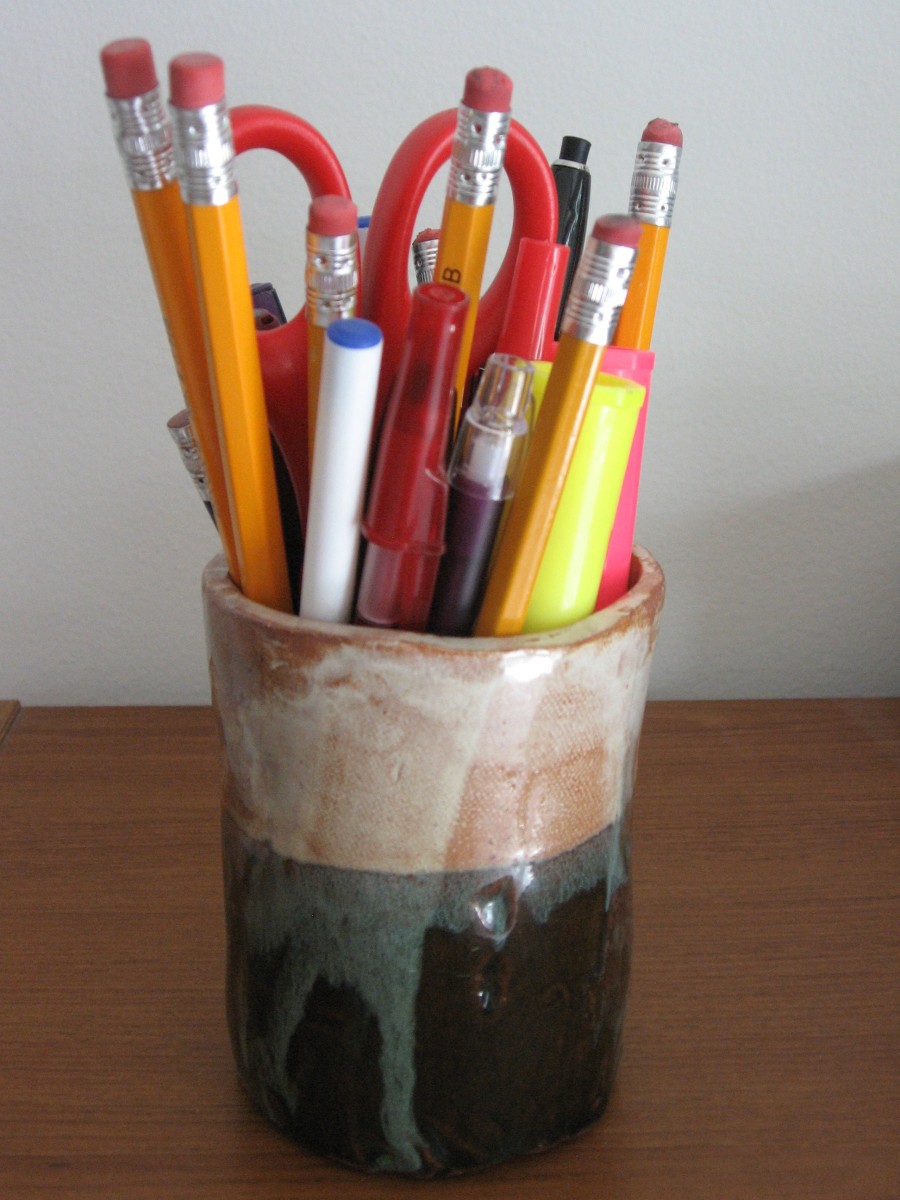Five Ways to Improve your Study Skills

1. Organising your Studies
Being organised and planning in advance can make studying efficiently a lot easier. This can help you in arranging your study time and other commitments so that you are able to fit in everything you need to get done. There is no right or wrong way to plan as different systems work for different people and situations. It may take a little time and trial and error to find what will work best for you.
Some ideas to try could include:
- Using highlighter pens to mark your text books or written notes. These highlighted sections can be organised further by using different colours for different types of information: for example key concepts, definitions or important terms.
- Use sticky notes to mark pages in text books. These will not fall out like regular bookmarks can while you are still using the book. You can also write on the sticky note so you know what it is marking. These adhesive notes are available in many colours and styles and these can be used to mark different types of information or differentiate between topics. This can save you time when looking for a certain section or revising.
- Try to set aside several small slots of time regularly rather than one long session once a week. Many people find that they learn more and more easily when studying in several shorter sessions compared to one longer one.
- You may find that you are able to focus and study better at a certain time of day. Scheduling your studies at these times rather than struggling to focus at other times of day will help you gain more from your sessions.

2. Getting the Most from Reading
In terms of studying, reading is used to extract information from texts with the aim of remembering this for future. Although you will want to make notes it can be helpful to read through a section or chapter once without writing anything. This means that you are able to keep your focus on what you are reading rather than constantly stopping to make notes. One you have finished reading you can skim back over the information making notes. Using this method also means that you will have a chance to reread any parts that were difficult to understand the first time round.
If you are able, check the titles and subjects of assignments and essays that you will be required to write later. This will help you in marking relevant information and taking notes that you will use. This can save you time when you need to write the assignments.
When you are reading, regularly stop and think about what you have read. How much did you take in and understand? How does it relate to and compliment or contradict what you already knew about the subject in question? Thinking about what you are reading will help you in understanding and retaining the information. It can also help to pinpoint any areas or subjects that need some extra work in order to fully understand or remember.
Always read with good light to avoid straining your eyes and make sure that you are comfortable and warm to avoid unpleasant distractions. Reading and studying when you are overtired, rushing or stressed is likely to make you feel even more stressed and this makes it harder to learn.
3. Planning and Writing Assignments and Essays
Before starting any piece of written work, thoroughly read through the instructions so you can be sure of what is expected of you. Take care to ensure you are correctly answering the question or other instructions. No matter how much you write or how good your writing is, unless it fits the assignment requirements you will not get a good grade. Note terms such as ‘explain briefly’, ‘compare and contrast’ and ‘discuss’ as these will direct you towards the kind of response that is required and help with how you should structure your written work.
Always write in your own words and use correctly formatted references to show information sources or direct quotations within your work. In assignments and test papers each question may be allocated a number of marks that is often shown in brackets. These can be used as an indication of how much information is expected in the answer. For example: a twenty mark question would need more detail and information than a five point question. Many people suggest that a good rule of thumbs is too one include one detail or piece of information for each point.
Keep a copy of all of your written work in case any is lost or damaged. It can also be useful for revision or reading at a later date to recap information.
A good technique when writing is to proof read a piece of written work once it is finished and then leave it for a day or two before re-reading it. On the second reading you will often notice spelling and grammar mistakes or other areas where improvement can be made that you missed first time round.
4. Using Mind Maps
This technique can be helpful in planning out essays and other written work and also for revising. Mind maps can be made on paper or using software such as Inspirations, which has a selection of templates to get you started.
On a plain sheet of paper, write your key idea, question or subject in the middle. Now draw branches off from that with main or important facts. Then add more branches from these to add further or finer details. If things from different branches link, you can draw a line between them to show this connection. Colours and boxes can be used to separate text and make it more ordered if you like. Another option would be to use different colours or highlighters.

5. Prioritise your Tasks
Although it can be difficult, prioritising what you need to get done can ensure that you reach your study goals. It is better to finish your assignment that is due in tomorrow and it be the only thing you get done all day than accomplish five other things that could have been done at a later date. Depending on your other commitments time can be very limited and so prioritising becomes even more vital to ensure things get done on time. Writing a list, writing on a calendar and using reminder and alarm functions that are available on many phones, laptops and tablets can be useful tool in managing your time.
This content is accurate and true to the best of the author’s knowledge and is not meant to substitute for formal and individualized advice from a qualified professional.
© 2013 Claire








